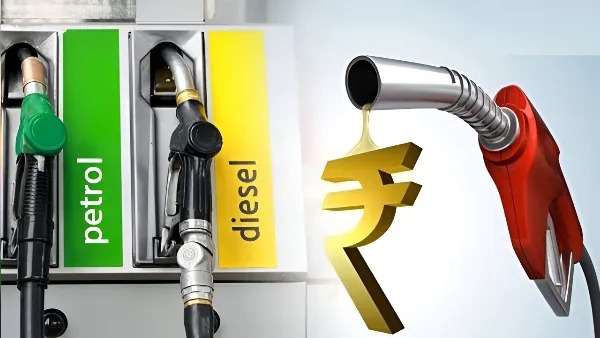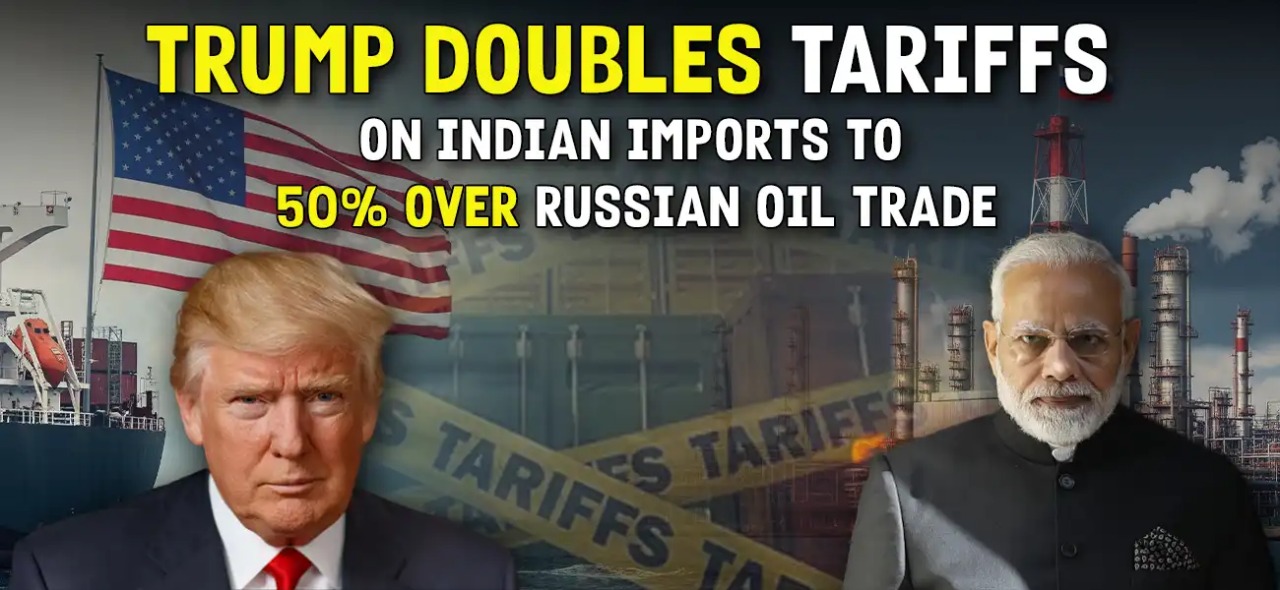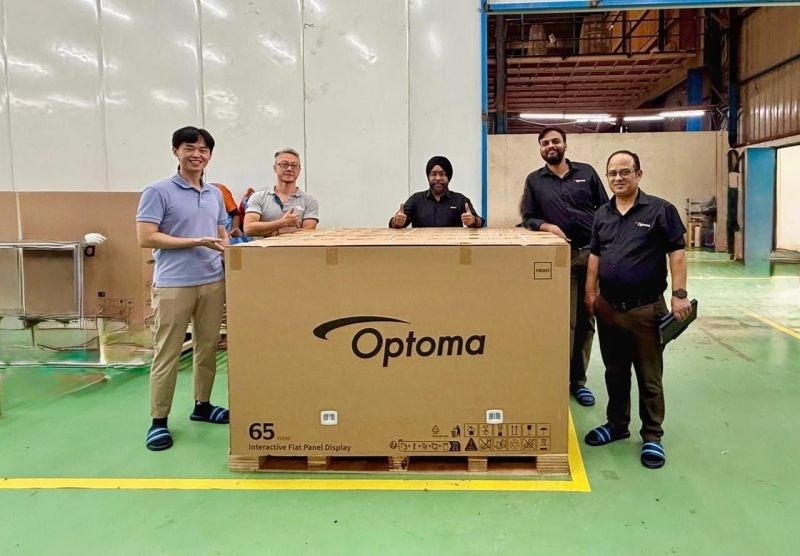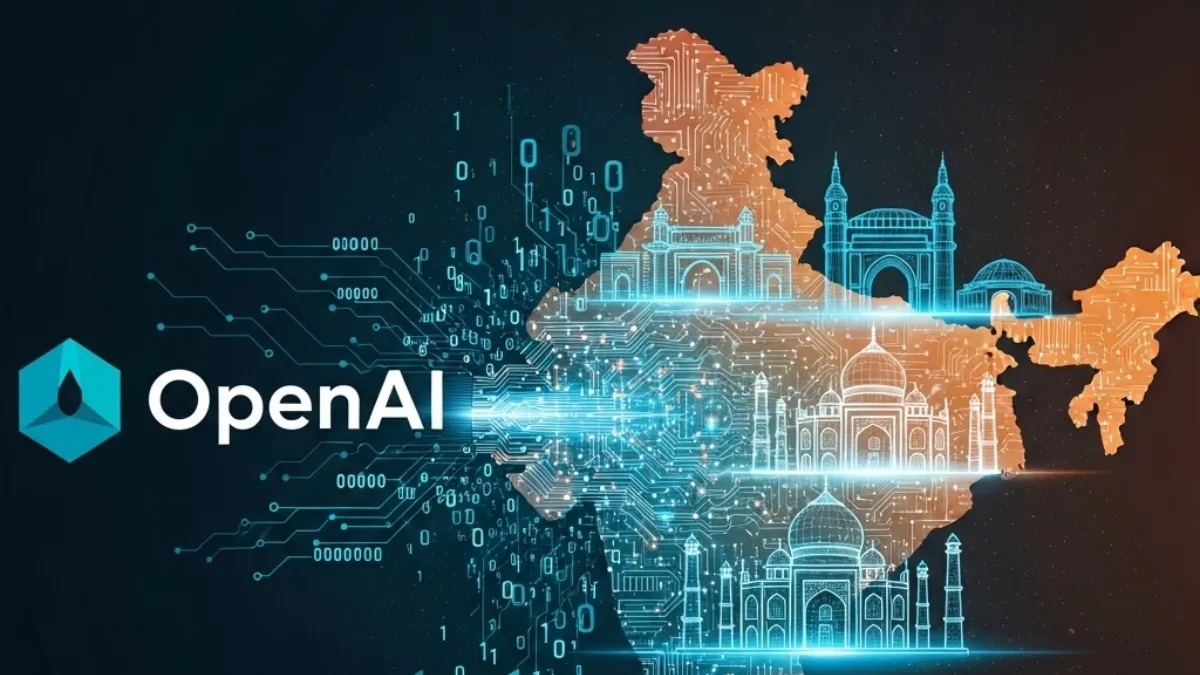
Follow WOWNEWS 24x7 on:
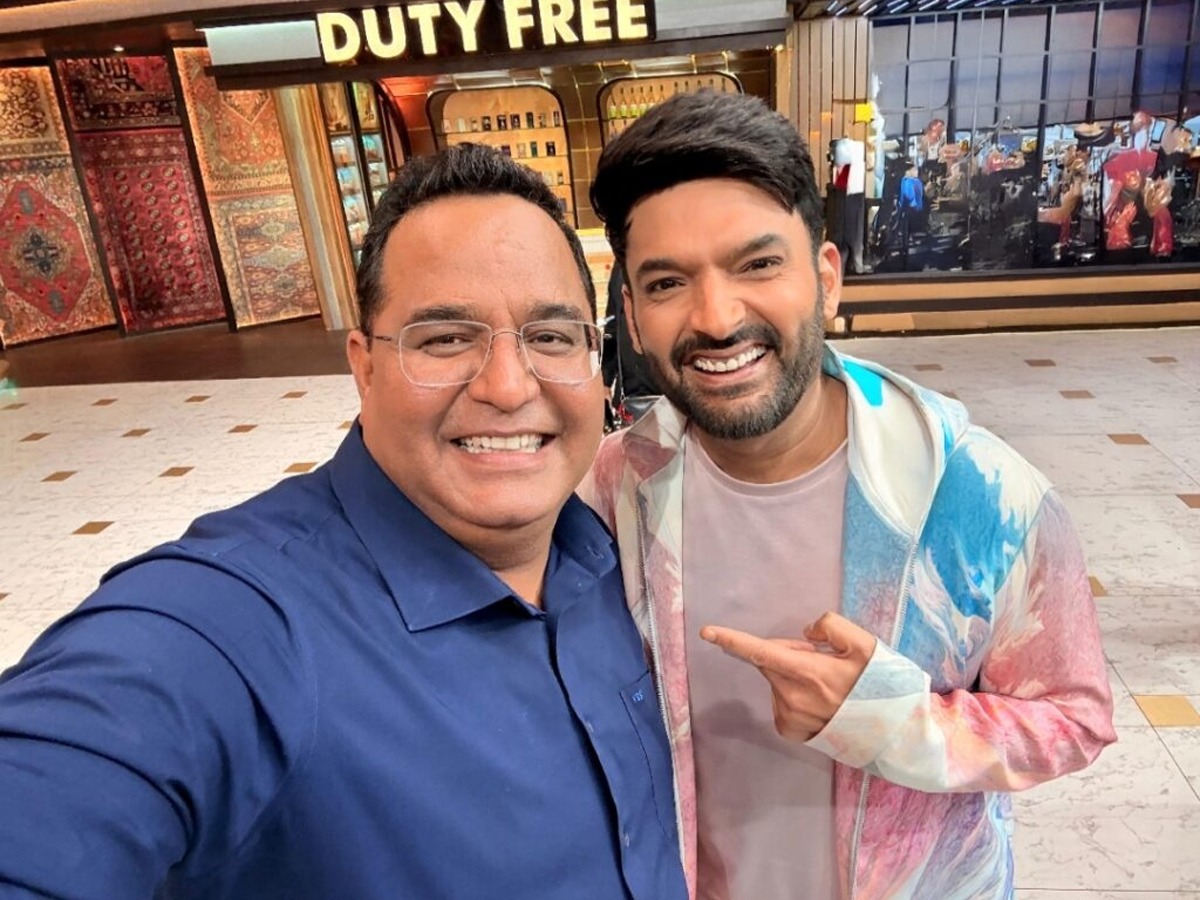
In a moment that blended humor with introspection, PayTM founder Vijay Shekhar Sharma stirred up a nationwide conversation on money, lifestyle, and values during his recent appearance on Netflix’s The Great Indian Kapil Show. When host Kapil Sharma asked the question many Indians quietly ponder—how much money is truly enough to live a good life—Sharma’s answer was as surprising as it was sincere.
His response, stating that a monthly income of one to two lakh rupees is sufficient for basic living, triggered a wave of reactions across social media. While some praised his grounded perspective, others pointed out the stark contrast between his statement and the financial realities of middle-class India.
Key moments from the episode
1. Vijay Shekhar Sharma appeared alongside fellow startup founders Aman Gupta of boAt, Ghazal Alagh of MamaEarth, and Ritesh Agarwal of OYO.
2. Kapil Sharma posed the question: “How much money is enough to live life?”
3. Sharma replied that for food, clothing, and basic needs, one to two lakh rupees per month is more than sufficient.
4. Kapil responded with a joke that drew laughter from the audience: “Then keep that much and PayTM the rest to us.”
5. Social media users reacted with a mix of humor, disbelief, and reflection, highlighting the gap between startup wealth and average Indian incomes.
Public reaction and social media buzz
Sharma’s comment quickly went viral, sparking thousands of responses across platforms. Many users shared their own financial struggles, contrasting their monthly earnings of ten to twenty thousand rupees with Sharma’s benchmark. Some expressed admiration for his simplicity, while others saw the statement as out of touch with the economic pressures faced by millions.
Examples of user reactions included:
- A user noting that their entire family survives on fifteen thousand rupees a month
- Another commenting that they now understand how poor they are in comparison
- Several users jokingly asked Sharma to transfer the rest of his wealth via PayTM
The episode also reignited discussions around income inequality, startup culture, and the evolving definition of success in India’s digital economy.
Sharma’s journey and philosophy
Beyond the viral moment, Sharma’s appearance on the show offered deeper insights into his personal journey. He spoke candidly about his struggles in engineering college, where language barriers pushed him from being a front-row topper to a backbencher. He shared how discomfort with English led to academic setbacks and a period of self-doubt.
Despite these challenges, Sharma went on to build one of India’s most influential fintech companies. He recounted the origin of PayTM, which stemmed from a real-life incident where he lost his wallet during international travel and realized the potential of merging wallets with mobile phones.
His story resonated with viewers as a reminder that success often emerges from adversity, and that simplicity can coexist with ambition.
Broader implications and cultural resonance
Sharma’s statement about money touched a nerve in a country where financial aspirations are often shaped by rising costs, social pressures, and digital consumerism. His view challenges the notion that wealth accumulation is the ultimate goal, instead suggesting that contentment lies in meeting essential needs.
The episode also highlighted how platforms like The Great Indian Kapil Show are evolving into spaces where entertainment meets entrepreneurship, offering audiences a mix of laughter, inspiration, and real-world insight.
Conclusion
Vijay Shekhar Sharma’s comment may have sparked debate, but it also opened up a larger conversation about values, privilege, and the meaning of a good life. Whether one agrees with his benchmark or not, the moment served as a reminder that even billionaires can advocate for simplicity—and that sometimes, the most powerful statements come wrapped in humor.
Sources: MSN, LiveMint, The Daily Guardian, Indian Express
